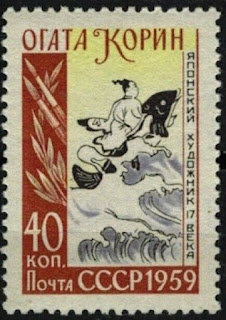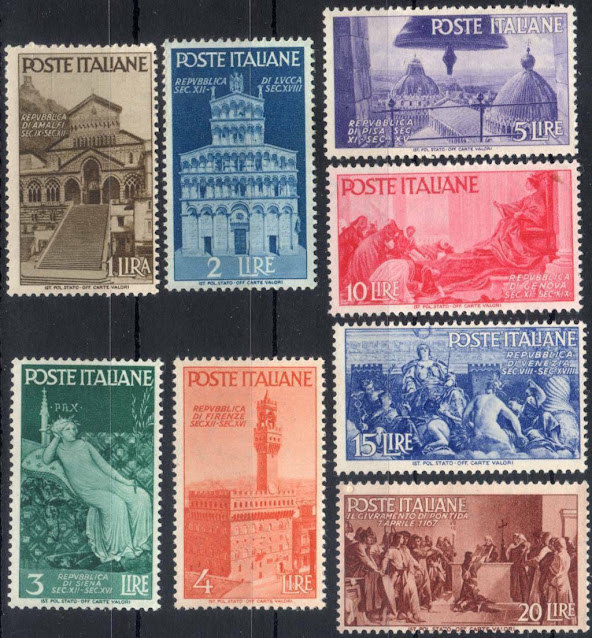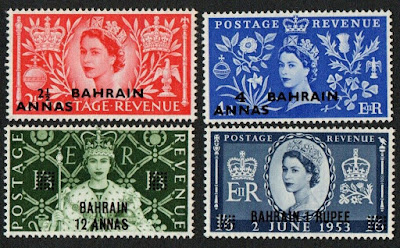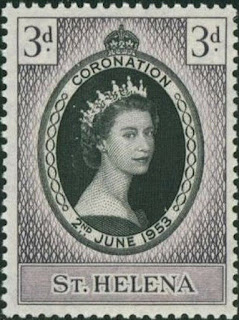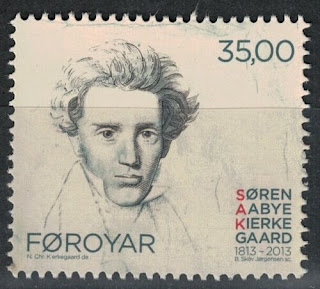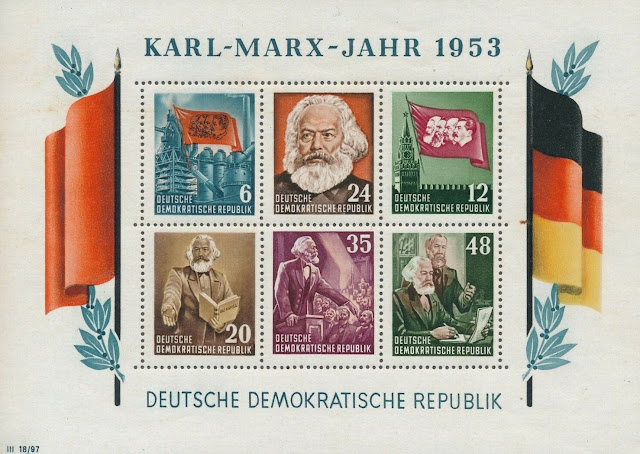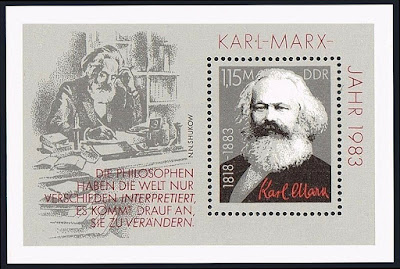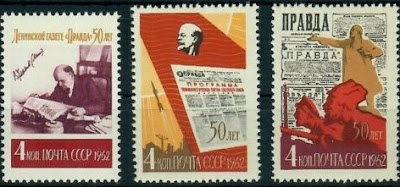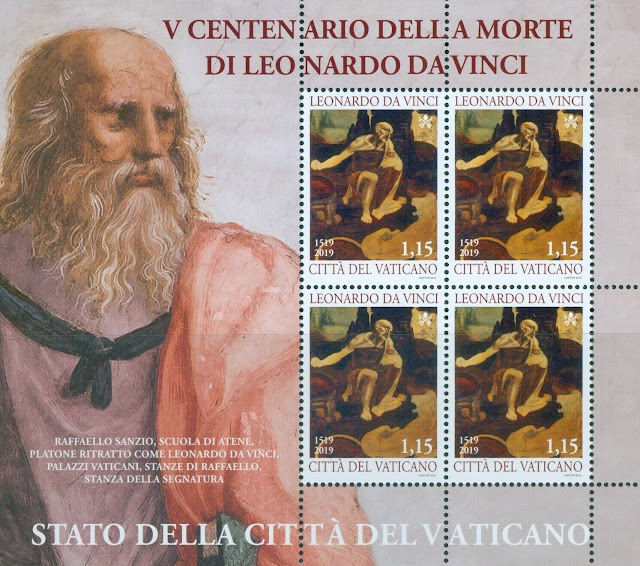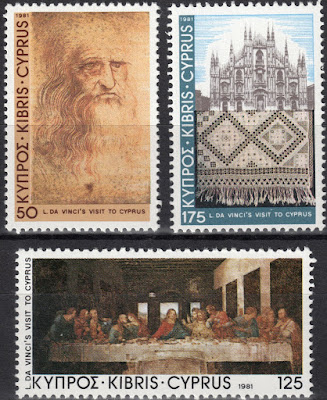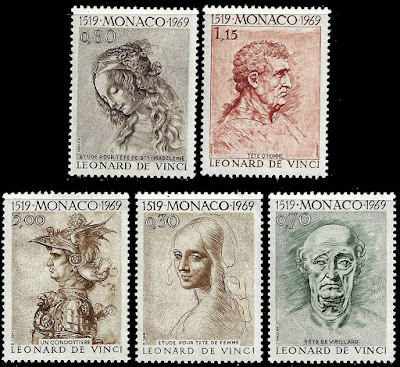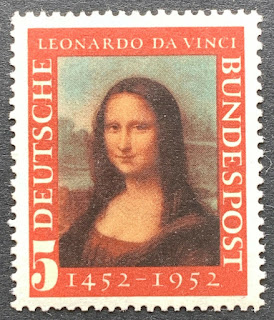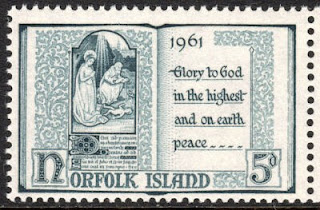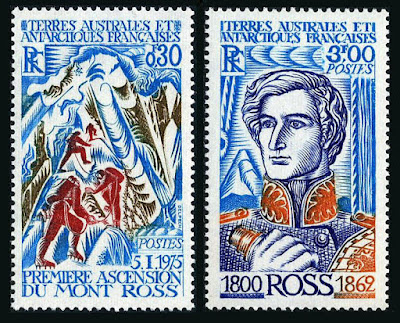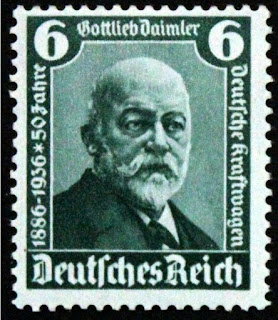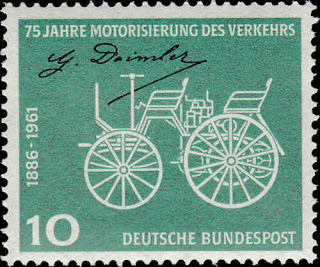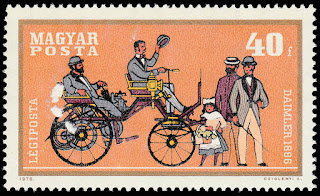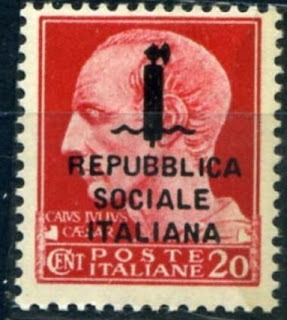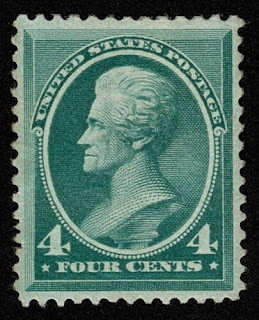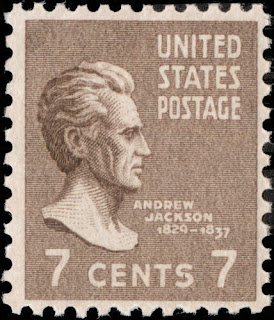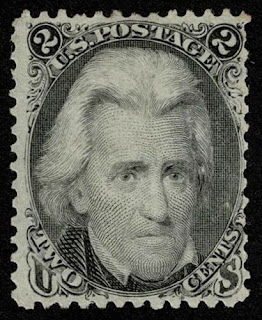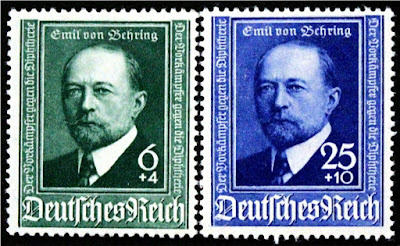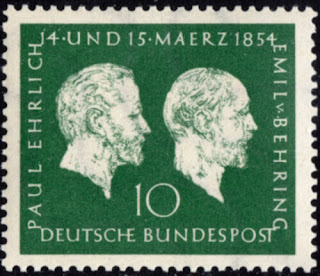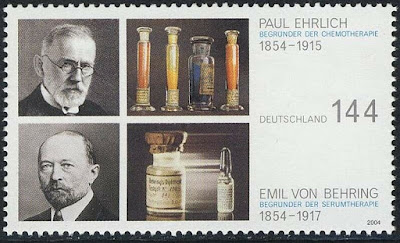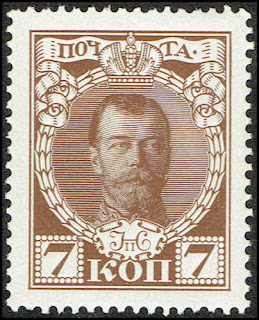1716 Died: Ogata Kōrin, Japanese painter and educator (b. 1658)
Ogata Kōrin (Japanese: 尾形光琳; 1658 – June 2, 1716) was a Japanese painter, lacquerer and designer of the Rinpa school.
Kōrin is best known for his byōbu folding screens, such as Irises and Red and White Plum Blossoms (both registered National Treasures), and his paintings on ceramics and lacquerware produced by his brother Kenzan (1663–1743). Also a prolific designer, he worked with a variety of decorative and practical objects, such as round fans, makie writing boxes or inrō medicine cases.
He is also credited with reviving and consolidating the Rinpa school of Japanese painting, fifty years after its foundation by Hon'ami Kōetsu (1558–1637) and Tawaraya Sōtatsu (c. 1570 – c. 1640). In fact the term "Rinpa", coined in the Meiji period, means "school of [Kō]rin". In particular he had a lasting influence on Sakai Hōitsu (1761–1828), who replicated many of his paintings and popularized his work, organizing the first exhibition of Kōrin's paintings at the hundredth anniversary of his death.
Stamps issued by Russia and Japan depicting Ogata Kōrin's work
1946 – Birth of the Italian Republic: In a referendum, Italians vote to turn Italy from a monarchy into a Republic. After the referendum, King Umberto II of Italy is exiled.
An institutional referendum (Italian: referendum istituzionale, or referendum sulla forma istituzionale dello Stato) was held in Italy on 2 June 1946, a key event of Italian contemporary history.
Until 1946, Italy had been a kingdom ruled by the House of Savoy, kings of Italy since the Risorgimento and previously rulers of Savoy. However, Benito Mussolini imposed fascism after the 28 October 1922 March on Rome, eventually engaging Italy in World War II alongside Nazi Germany. The popular referendum resulted in voters favoring the replacement of the monarchy with a republic. Monarchists had suspicions of fraud, but were never able to prove it. A Constituent Assembly was elected at the same time.
The republic was formally proclaimed on 6 June 1946 days later, ending King Umberto II's brief 34-day reign as king. Umberto at first refused to accept what he called "the outrageous illegality" of the referendum, and took his deposition badly. In his last statement as king, Umberto refused to accept the republic, saying he was the victim of a coup d'état by his ministers and the referendum had been rigged against him. In response, Alcide De Gasperi who became acting president replied in a press statement:
"We must strive to understand the tragedy of someone who, after inheriting a military defeat and a disastrous complicity with dictatorship, tried hard in recent months to work with patience and good will towards a better future. But this final act of the thousand-year old House of Savoy must be seen as part of our national catastrophe; it is an expiation, an expiation forced upon all of us, even those who have not shared directly in the guilt of the dynasty".
Some monarchists advocated using force to prevent a republic from being proclaimed, even at the risk of a civil war, but Mack Smith wrote that: "Common sense and patriotism saved Umberto from accepting such counsel". Umberto rejected the advice that he should go to Naples, proclaim a rival government with the intention of starting a civil war in which the Army would presumably side with the House of Savoy under the grounds that "My house united Italy. It will not divide it". The monarchy of the House of Savoy formally ended on 12 June 1946, and Umberto left the country. Prime Minister Alcide de Gasperi assumed office as Italy's interim Head of State. At about 15:00 on 13 June, Umberto left the Quirinal Palace for the last time with the servants all assembled in the courtyard to see him off; many were in tears. At the Ciampino Airport in Rome, as Umberto boarded the airplane that was to take him to Lisbon, a Carabiniere grabbed him by the hand and shaking it in tears said "Your Majesty, we will never forget you!"
Italian stamps issued right after the referendum
1953 – The coronation of Queen Elizabeth II, who is crowned Queen of the United Kingdom, Canada, Australia, New Zealand and Her Other Realms and Territories & Head of the Commonwealth, the first major international event to be televised.
The coronation of Elizabeth II took place on 2 June 1953 at Westminster Abbey, London. She acceded to the throne at the age of 25 upon the death of her father, George VI, on 6 February 1952, being proclaimed queen by her privy and executive councils shortly afterwards. The coronation was held more than one year later because of the tradition of allowing an appropriate length of time to pass after a monarch dies before holding such festivals. It also gave the planning committees adequate time to make preparations for the ceremony. During the service, Elizabeth took an oath, was anointed with holy oil, invested with robes and regalia, and crowned Queen of the United Kingdom, Canada, Australia, New Zealand, South Africa, Pakistan, and Ceylon (now Sri Lanka).
Celebrations took place across the Commonwealth realms and a commemorative medal was issued. It was the first British coronation to be fully televised; television cameras had not been allowed inside the abbey during her father's coronation in 1937. Elizabeth's was the fourth and last British coronation of the 20th century. It was estimated to have cost £1.57 million (c. £43,427,400 in 2019).
Stamps issued to commemorate the coronation of Elizabeth II by Great Britain and territories


